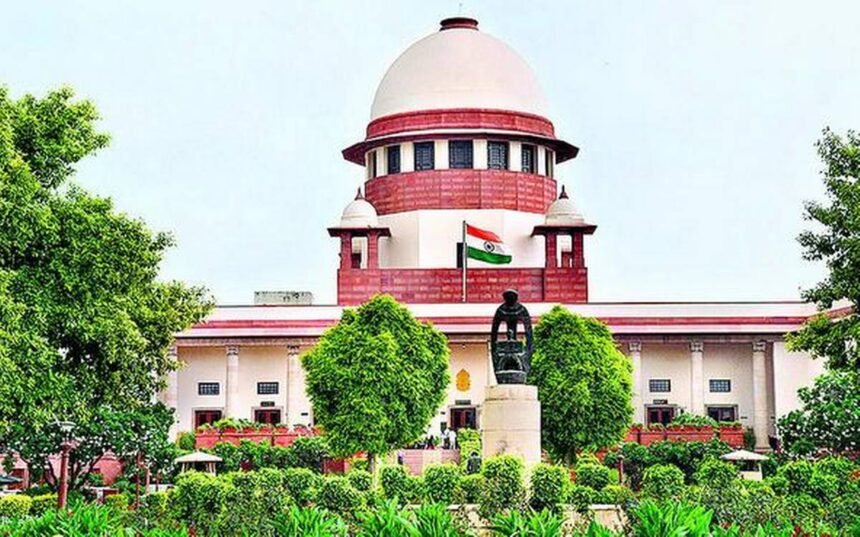In a significant development, the Supreme Court has adjourned the hearing of Arvind Kejriwal’s plea pertaining to the ‘Khuda Believers’ remark row. The Chief Minister of Delhi had appealed to the apex court, seeking relief in a case that has sparked debates around freedom of expression, religious sensitivities, and political discourse. The court has granted Kejriwal a four-week extension to file his rejoinder, amplifying the anticipation surrounding this crucial legal battle.
The ‘Khuda Believers’ Remark: A Spark for Controversy
The controversy stems from Arvind Kejriwal’s statement in a public gathering, where he used the term ‘Khuda Believers’ to refer to a certain group of individuals. This remark quickly became the epicenter of a heated debate, with opposing viewpoints emerging on its intent, implication, and potential to incite religious discord. The case underscores the delicate balance between exercising freedom of expression and ensuring that public figures maintain sensitivity in their communication.
Arvind Kejriwal’s Plea to the Apex Court
Recognizing the significance of the legal implications arising from his remark, Arvind Kejriwal took his plea to the highest court of the land. His appeal seeks to navigate the boundaries of free speech while addressing the concerns raised by various quarters over the potential communal undertones of the ‘Khuda Believers’ remark. The outcome of this case holds ramifications not only for Kejriwal but for the broader landscape of political discourse and the responsibilities of public figures.
Supreme Court’s Four-Week Reprieve
The Supreme Court’s decision to grant a four-week extension for Kejriwal to file his rejoinder adds a new dimension to the unfolding legal drama. The additional time serves as an opportunity for both legal teams to meticulously present their arguments, enhancing the thoroughness of the case proceedings. The delay also underscores the court’s commitment to ensuring a fair and comprehensive examination of the matter at hand.
The Broader Context: Balancing Expression and Sensitivity
The ‘Khuda Believers’ remark row is not isolated; it is reflective of a larger global discourse on the intersection of freedom of expression and cultural/religious sensitivity. In an era of instant communication and widespread media coverage, public figures face the challenge of articulating their thoughts in ways that respect diversity and uphold the values of inclusivity. The court’s decision in this case could potentially set a precedent for such scenarios in the future.
A Moment of Reflection
As the legal battle unfolds, it prompts us to reflect on the role of leaders in shaping public discourse. The incident urges us to consider the impact of our words on the social fabric and the responsibility of public figures to exercise prudence and empathy. The court’s verdict will likely shape not only Kejriwal’s journey but will also influence the national dialogue on the boundaries of expression and the values that underpin it.
Moving Forward: Seeking Clarity and Resolution
The ‘Khuda Believers’ remark row has transformed into a legal and philosophical deliberation that transcends the case itself. It compels us to introspect on the nuances of language, the potential for misunderstanding, and the imperative to foster a harmonious coexistence among diverse communities. The proceedings in the Supreme Court will contribute to the ongoing dialogue on these critical issues, reaffirming the role of the judiciary in shaping the contours of a just society.
case detail;
Arvind Kejriwal v. State Of Uttar Pradesh | Special Leave Petition (Criminal) No. 1898 of 2023
Also Read;https://news.hybriques.com/striving-for-fairness-mbbs-aspirants-challenge-100-reservation-for-local-candidates-in-competent-authority-quota-andhra-pradesh-to-telangana-medical-admissions/




































